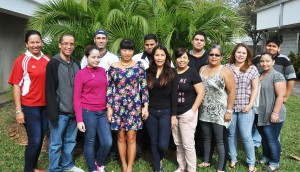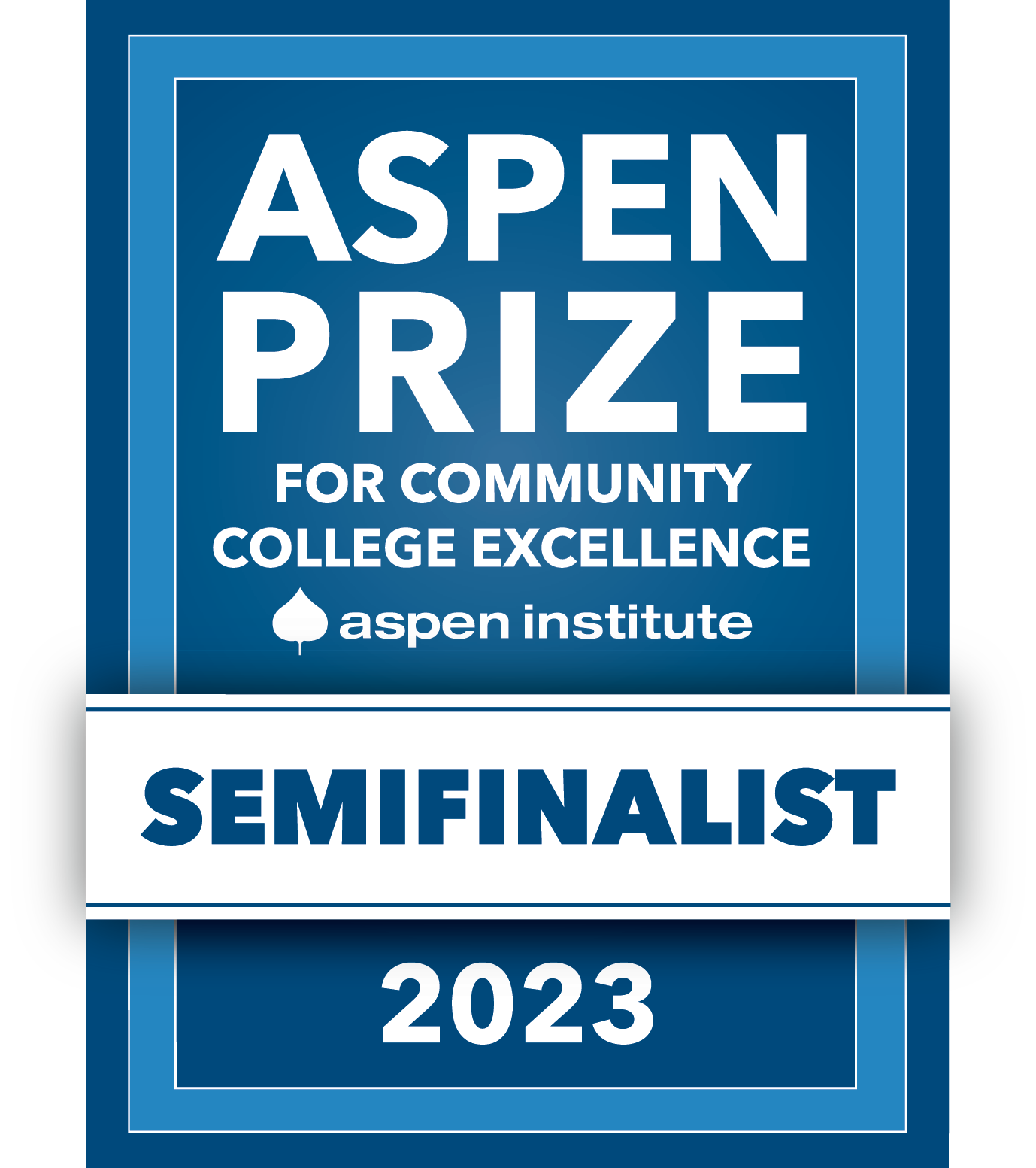- Welcome
- Campus Maps
- History
- Mission Statement
- Accreditation
- Administration
- Employment
- Human Resources Employment Process FAQ
- Position Vacancies
- Salary Schedule (PDF)
- Employee Benefits
- Paid Holidays
- Employee Handbook (PDF)
- BENCOR Special Pay Plan (PDF)
- Social Security Collection and Usage
- Affordable Care Act Notice (PDF)
- Social Security Disclosure Summary (PDF)
- Tobacco-Free College
- Drug-Free Workplace & Campuses
- Technology Usage Acknowledgement (PDF)
- Employee Safety Manual (PDF)
- SFSC’s Annual Security and Fire Safety Report (PDF)
- Calendars
- News
- Social Media
- Honoring Our Retirees
- Celebrating Our Trustees
AVON PARK, Fla.–May 24, 2016–At any point throughout the year, hundreds of adults whose native tongue is not English are enrolled in South Florida State College literacy classes learning basic communication skills.
From how to read signs on buildings to signing one’s name in the correct space on a form, the daytime and evening English for Speakers of other Languages (ESOL) classes at SFSC offer non-native speakers an opportunity to fit into American society by learning English.

A group of SFSC ESOL students who studied the “Staying Healthy” curriculum get together after one of the daytime classes.
Now, with help from a grant, SFSC has broadened its literacy curriculum to teach ESOL students the basics of navigating the complexities of the health care system.
“Not only do the non-English speakers who come to SFSC ESOL classes need help with the basics of reading and writing,” said Carol Pinzon, who coordinates the ESOL program at SFSC. “They often stumble when it comes to visiting a doctor or reading the labels on their medicines.”
Pinzon seized an opportunity last year from the Florida Literacy Coalition to apply for a $4,500 grant to help SFSC add health literacy to its standard ESOL curriculum.
In working with the coalition on writing the grant, Pinzon learned that 50 percent of non-native English speaking adults also lack basic health literacy. “One fact stood out for me,” Pinzon said. “These people are also more likely to suffer from chronic medical conditions and be unaware of how to manage their illness.”
Even though the grant amount was relatively modest, Pinzon said the most important feature of the project was the no-cost teaching materials and technical assistance SFSC received from the Orlando-based coalition that spearheads literacy initiatives across Florida.
SFSC received access to the “Staying Healthy” curriculum, an award-winning set of instructional materials used in ESOL programs in other states. It is written at a 5th grade reading level and is intended for newcomers to ESOL classes.
Pinzon said SFSC also benefited from training and access to technical support from the coalition. “Projects coordinators from across the state gathered in Orlando for training on how to implement the curriculum and what best practices led to success in students improving their health literacy,” Pinzon said.
After getting up to speed on the “Staying Healthy” curriculum, Pinzon selected five ESOL classes to pilot the project. SFSC instructors didn’t need to alter their instructional methods to bring the curriculum into the classroom, according to Pinzon. She said the printed materials and topics were a “natural fit” for what they were already doing with their students.
Students learned the essential elements of health care in the community. What makes an emergency room different from a doctor’s office. The names of body parts a doctor might point to during an examination. How to ask questions of a pharmacist about a label on a bottle of pills.
Pinzon said another component of the curriculum was a hit with the adult learners: project-based instruction. “The students worked together to craft healthy recipes as part of the nutritional element of the curriculum,” Pinzon said. “The students really enjoyed collaborating with each other and, in the end, came up with recipes for many traditional dishes with a healthier angle.”
The students posted their recipes to a website so that future ESOL classes can follow their example.
Pinzon added to the standard curriculum. She brought in instructors to teach CPR, organized a trip to a Publix supermarket to test students’ label reading skills, and had local nurses present diabetes prevention workshops to the classes.
“On the whole, the health literacy instruction helped our students become more proficient in English at a rate that was higher than with the use of more traditional curriculum,” Pinzon said. She pointed out that Florida Blue, the state largest insurer, provided major funding to the literacy coalition’s statewide efforts.
A few students also reported securing health insurance after learning how to access the online marketplace, according to Pinzon.
Pinzon said there were benefits for the college’s ESOL program as whole, in addition to what the students learned. “By bringing in health experts and working with local businesses, we created partnerships that will help the ESOL program in the future.”
“One goal was to improve out students’ health literacy so that they could make informed choices about their health and nutrition,” Pinzon said. “In doing that, we also improved their basic English skills, which was an equally important goal.”
SFSC offers ESOL classes in Hardee and Highlands counties. ESOL classes in DeSoto County are available at the school district. Students can enroll in daytime or evening classes. Some classes are held off-campus at churches and community centers. For more information, contact Pinzon at 863-784-7380 or pinzons@southflorida.edu.




